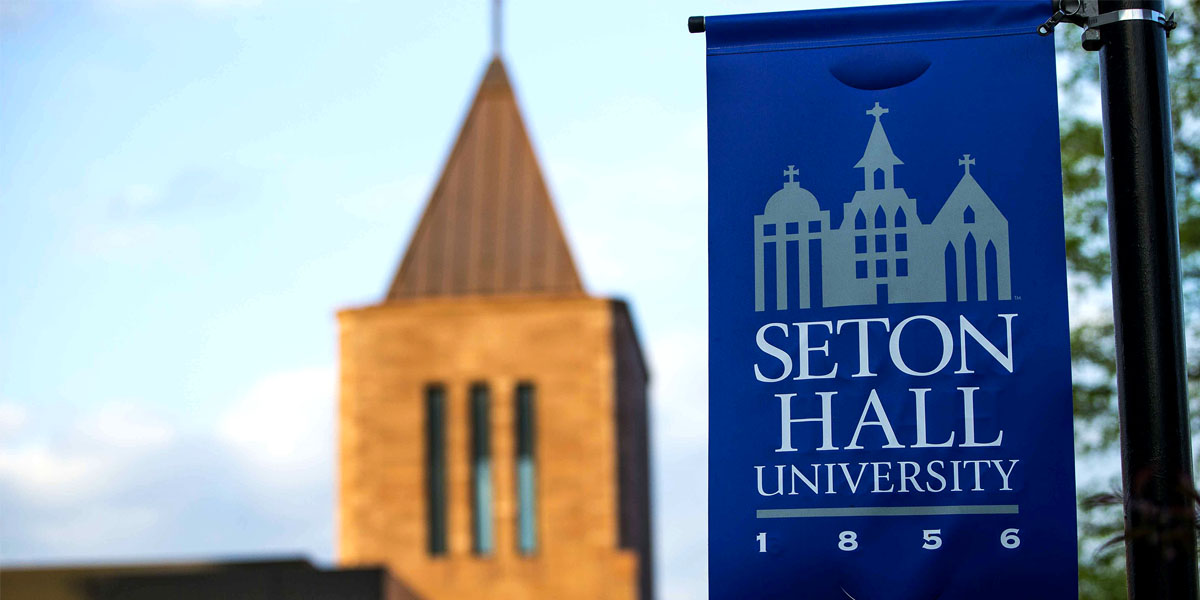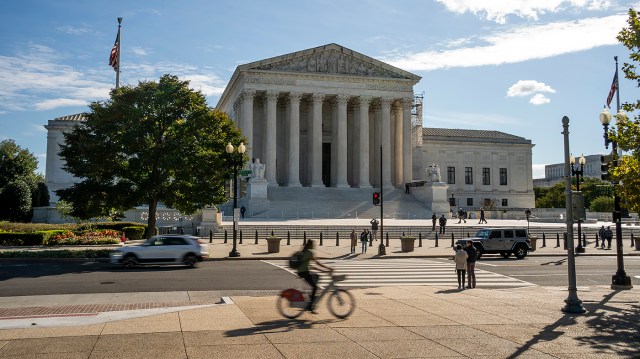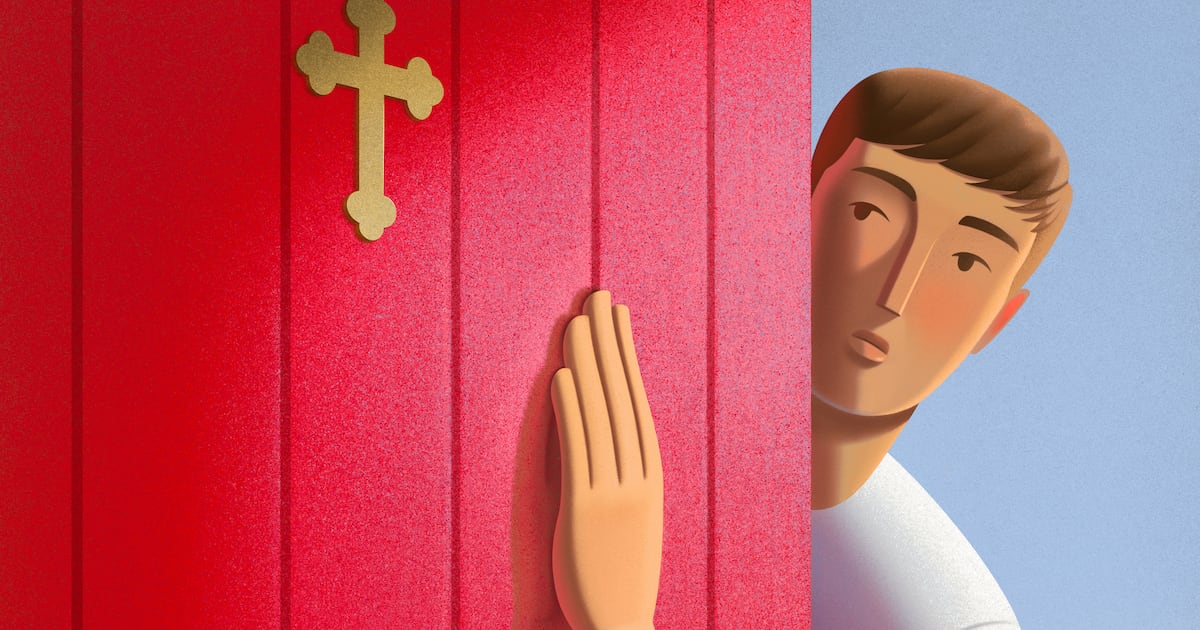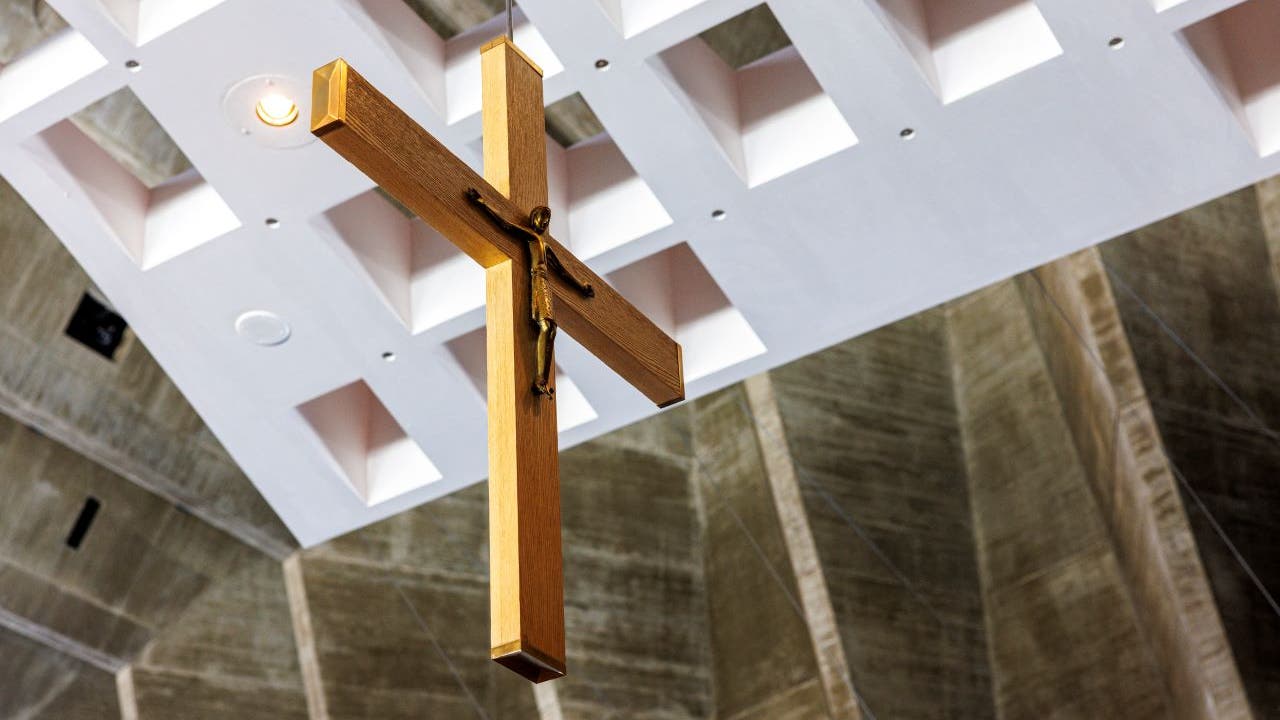Faith and Freedom: Supreme Court Poised to Expand Religious Liberty Protections
Religion
2025-04-01 13:30:39Content
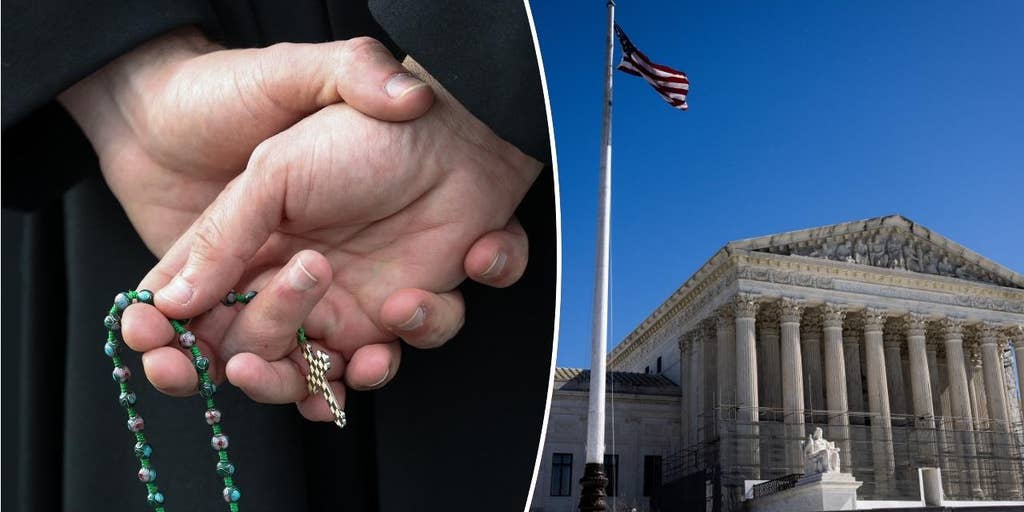
Religious Freedom at the Forefront: Supreme Court Prepares to Tackle Landmark Cases
This spring, the Supreme Court is set to hear three pivotal cases that could dramatically reshape the landscape of religious rights in America. These cases promise to explore critical questions about the boundaries between religious freedom and public policy, with potential far-reaching implications for religious groups' access to tax exemptions and educational opportunities.
The upcoming judicial deliberations will scrutinize the delicate balance between constitutional protections for religious institutions and broader societal regulations. At stake are fundamental questions about how much latitude religious organizations should have in accessing public resources and maintaining their distinct identities within the broader community.
Specifically, the cases will examine complex issues surrounding tax exemptions and school choice programs, potentially establishing new precedents that could redefine the relationship between religious institutions and government institutions. Legal experts are watching closely, anticipating decisions that could significantly impact religious groups' ability to participate fully in public life while maintaining their core beliefs and practices.
As the Supreme Court prepares to weigh these nuanced legal challenges, religious communities across the nation await the outcomes with keen interest, understanding that these rulings could reshape their rights and opportunities for years to come.
Religious Liberty at the Crossroads: Supreme Court's Landmark Cases Poised to Reshape Constitutional Freedoms
In an unprecedented judicial moment, the United States Supreme Court stands ready to deliberate on three groundbreaking cases that could fundamentally transform the landscape of religious rights, challenging long-established boundaries between church, state, and public institutions.Navigating the Delicate Balance of Faith and Governance
Constitutional Tensions in Religious Accommodation
The Supreme Court's upcoming docket represents a critical juncture in American jurisprudence, where fundamental constitutional principles intersect with contemporary social dynamics. Religious organizations have increasingly challenged existing legal frameworks, arguing that current interpretations of religious freedom statutes inadequately protect their institutional autonomy and individual practitioners' rights. Judicial experts suggest these cases could potentially redefine the parameters of religious exemptions, particularly in domains such as taxation, educational funding, and institutional independence. The complex legal landscape requires nuanced examination of historical precedents, constitutional intent, and evolving societal norms.Tax Exemption Controversies and Institutional Autonomy
The first set of cases directly confronts the intricate relationship between religious institutions and governmental regulatory mechanisms. Religious organizations have long claimed special status regarding tax obligations, arguing that stringent financial regulations infringe upon their fundamental right to practice and organize. Legal scholars anticipate these deliberations could establish unprecedented precedents regarding the extent of governmental oversight on religious financial structures. The potential implications extend far beyond immediate tax considerations, potentially reshaping institutional autonomy and constitutional interpretations of religious liberty.Educational Choice and Religious Institutional Rights
Another critical dimension of these cases involves educational funding and institutional choice. Religious schools and educational institutions have persistently argued for equitable access to public funding mechanisms, challenging long-standing separations between church and state. The Supreme Court's potential ruling could dramatically transform educational policy, potentially mandating more inclusive funding models that recognize religious institutions' contributions to community education. This represents a nuanced exploration of constitutional principles, balancing institutional rights with broader public policy considerations.Broader Societal Implications
Beyond immediate legal considerations, these cases symbolize a broader societal negotiation of religious freedom's contemporary meaning. They reflect ongoing tensions between traditional religious perspectives and evolving social frameworks, challenging established interpretations of constitutional protections. The potential outcomes extend far beyond immediate legal technicalities, potentially recalibrating fundamental understandings of religious liberty, institutional autonomy, and governmental regulatory powers. Each case represents a microcosm of larger cultural debates surrounding faith, governance, and individual rights.Historical Context and Future Projections
Historically, Supreme Court decisions regarding religious rights have profoundly shaped American social and legal landscapes. These upcoming cases continue that tradition, promising to provide critical insights into contemporary interpretations of constitutional freedoms. Legal analysts suggest the court's composition, combined with increasingly complex societal dynamics, creates a unique environment for potentially transformative judicial reasoning. The decisions could establish frameworks that resonate for decades, influencing institutional practices, governmental policies, and individual rights.Potential Nationwide Ramifications
The Supreme Court's forthcoming rulings carry significant nationwide implications. Religious institutions, educational organizations, and governmental bodies will closely scrutinize these decisions, anticipating potential systemic changes in regulatory approaches and constitutional interpretations. Ultimately, these cases represent more than legal deliberations—they embody a sophisticated dialogue about the evolving relationship between religious freedom, institutional rights, and governmental responsibilities in a diverse, complex democratic society.RELATED NEWS
Religion

From Canvas to Salvation: How Art Becomes a Spiritual Journey for the Weary Soul
2025-03-19 06:00:00
Religion
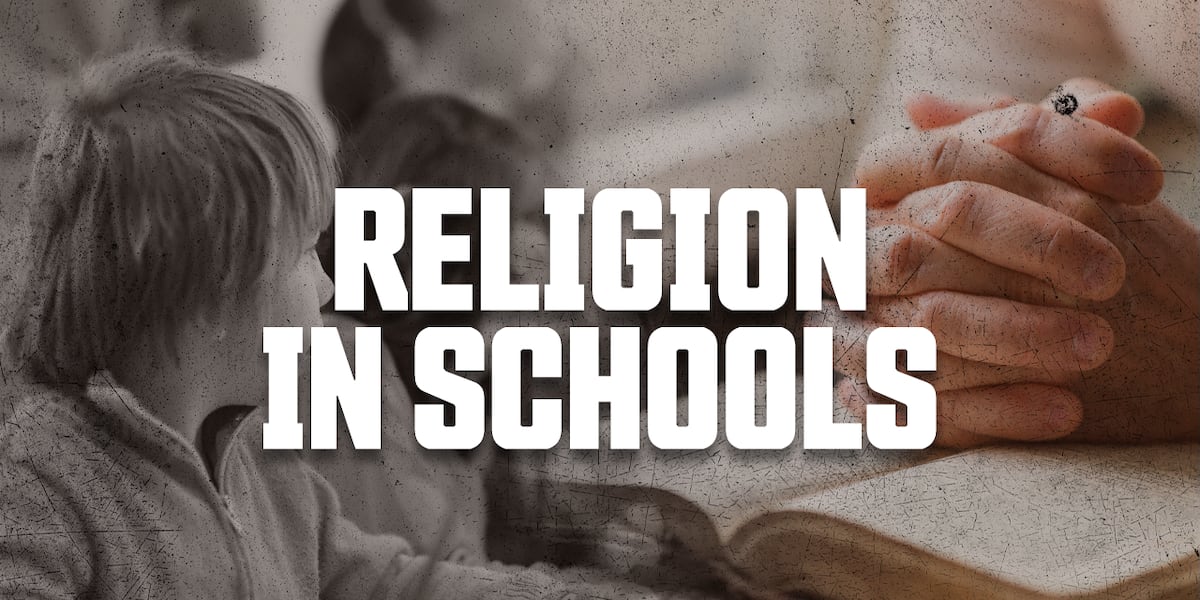
Faith, Education, and the School Bell: When Religion Meets Public Classroom Schedules
2025-03-03 23:18:49
Religion

Beyond Belief: How Fandoms Are Becoming the New Sacred Spaces of Modern Culture
2025-04-25 18:58:07
